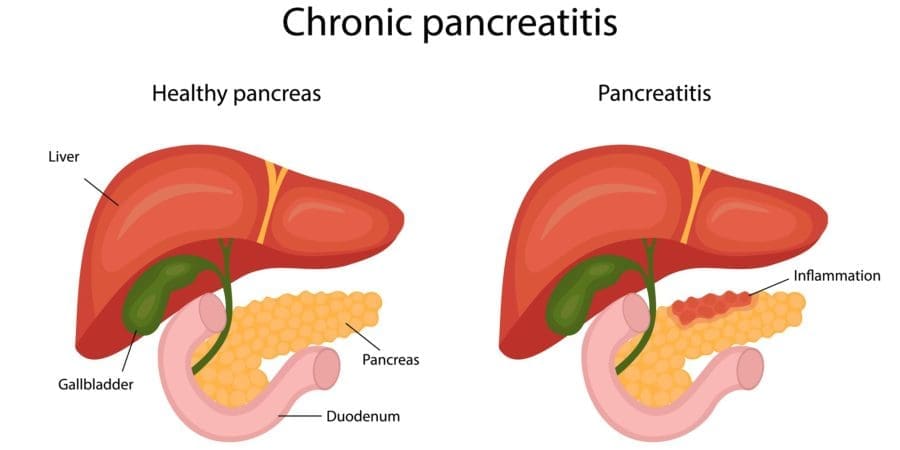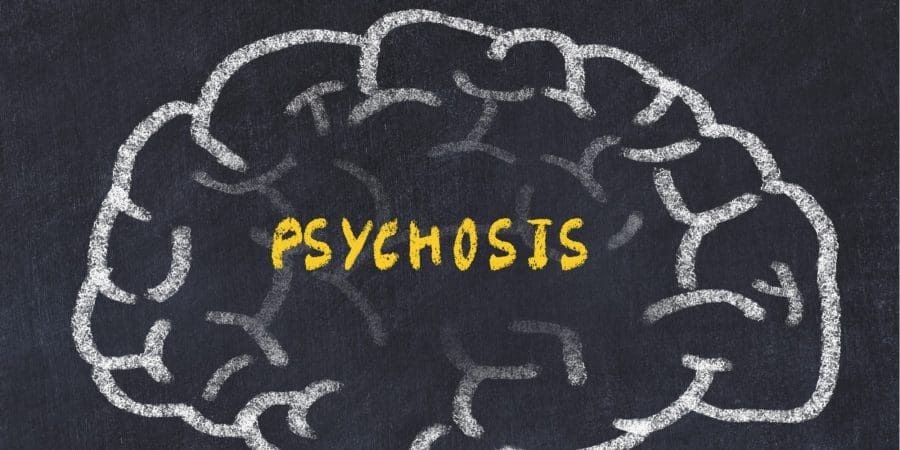Navigating the Mind: Understanding Cognitive Disorders
Introduction: Cognitive disorders are complex conditions that affect various aspects of mental function, including memory, thinking, problem-solving, and communication. These disorders can have a significant impact on daily life and relationships. In this guide, we’ll delve into the world of cognitive disorders, exploring their types, causes, symptoms, and available support.

1. Types of Cognitive Disorders: Cognitive disorders encompass a range of conditions, including Alzheimer’s disease, dementia, mild cognitive impairment (MCI), Parkinson’s disease dementia, and more. Each disorder presents distinct challenges and characteristics.
2. Causes and Risk Factors: Cognitive disorders can have diverse origins, including genetics, brain injuries, neurodegenerative processes, infections, and lifestyle factors. Age, family history, and certain medical conditions can increase the risk.
3. Common Symptoms: Symptoms of cognitive disorders vary but often include memory loss, confusion, difficulty concentrating, language problems, impaired judgment, and personality changes. These symptoms may progressively worsen over time.
4. Alzheimer’s Disease: Alzheimer’s disease is the most common form of dementia. It leads to memory loss, confusion, disorientation, and challenges in completing daily tasks. Early diagnosis and interventions can improve quality of life.
5. Vascular Dementia: Vascular dementia results from reduced blood flow to the brain, often due to stroke or other vascular issues. Symptoms may include memory problems, difficulty speaking, and impaired reasoning.
6. Frontotemporal Dementia: This form of dementia primarily affects the frontal and temporal lobes of the brain, impacting behavior, language, and personality. Changes in social behavior and language difficulties are common.
7. Lewy Body Dementia: Lewy body dementia involves abnormal protein deposits in the brain, leading to cognitive fluctuations, visual hallucinations, and movement issues reminiscent of Parkinson’s disease.
8. Mild Cognitive Impairment (MCI): MCI involves memory or cognitive decline that is more pronounced than expected for a person’s age but not severe enough to interfere significantly with daily life. It can sometimes progress to dementia.
9. Early Detection and Diagnosis: Early detection of cognitive disorders is essential for effective management. A comprehensive evaluation by healthcare professionals, including neurologists, geriatricians, and neuropsychologists, aids in diagnosis.
10. Treatment and Management: Treatment approaches for cognitive disorders depend on the specific diagnosis. Medications, lifestyle modifications, cognitive training, therapy, and support from family and caregivers play crucial roles.
11. Providing Support: Caring for individuals with cognitive disorders requires patience, compassion, and understanding. Caregivers often benefit from support groups and resources that provide education and emotional assistance.
12. Research and Hope: Ongoing research aims to better understand cognitive disorders, develop effective treatments, and improve the quality of life for individuals affected by these conditions. Participating in research can contribute to advancements in the field.
Conclusion: Cognitive disorders are complex conditions that impact not only individuals but also their families and caregivers. By understanding the types, causes, symptoms, and available support, we can work together to improve the lives of those affected by these disorders. Early detection, timely interventions, and a compassionate approach are essential in promoting well-being and offering hope for a better future.
How Ridgeview Hospital Can Help
When you enroll at Ridgeview Hospital, you are taught techniques that can be applied even after you’ve left. With that being said, emotional sobriety starts when individuals receive dual diagnosis treatment for both their addiction and any coexisting mental health disorder.
If you have a dual diagnosis, co-occurring substance use treatment is one of the most effective treatment programs you can partake in. While participating in this program, you will learn ways to treat the symptoms of your addiction and psychiatric illness through a combination of methods.
Our co-occurring substance use treatment options include:
- Cognitive behavioral therapy
- Group therapy
- Recreational therapy
- Relapse prevention planning
- 12-step programming
In addition, Ridgeview Hospital’s adult psychiatric program is designed to be comprehensive enough to treat various mental health issues but flexible enough to accommodate individual patient needs.





















